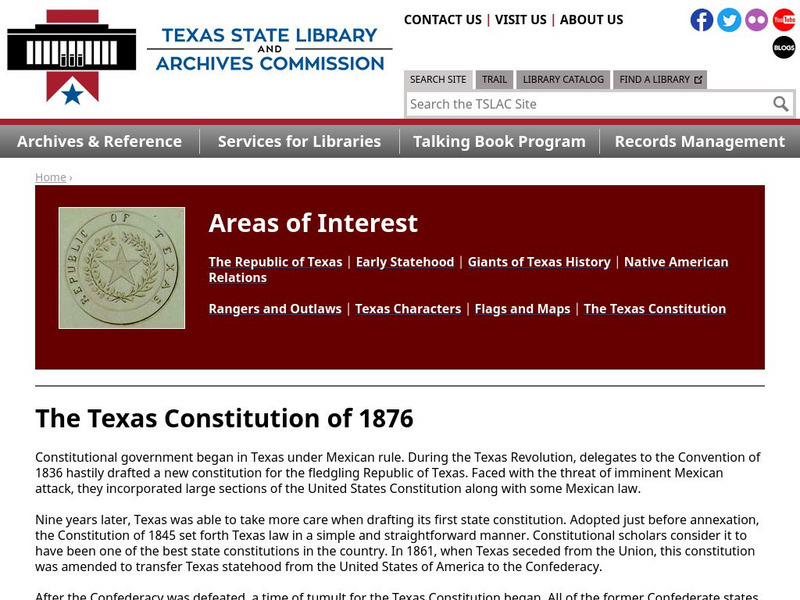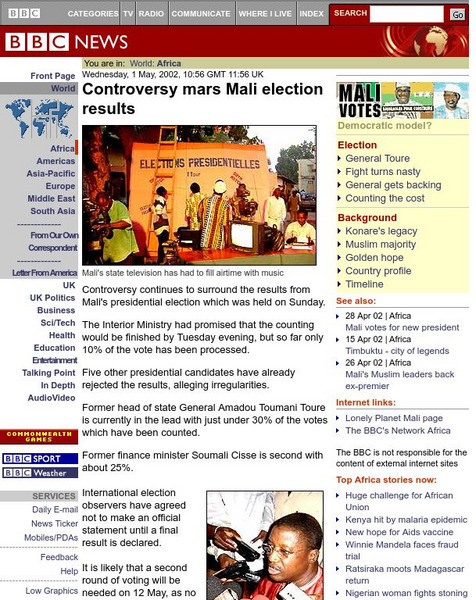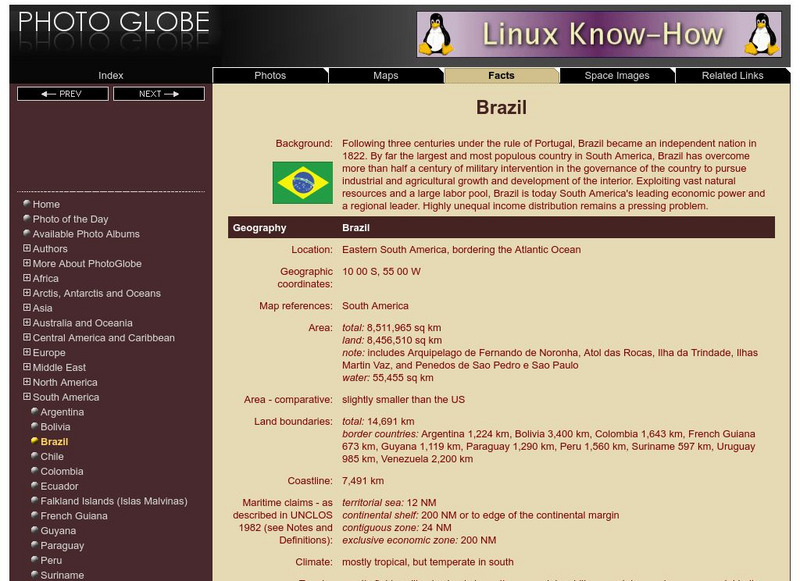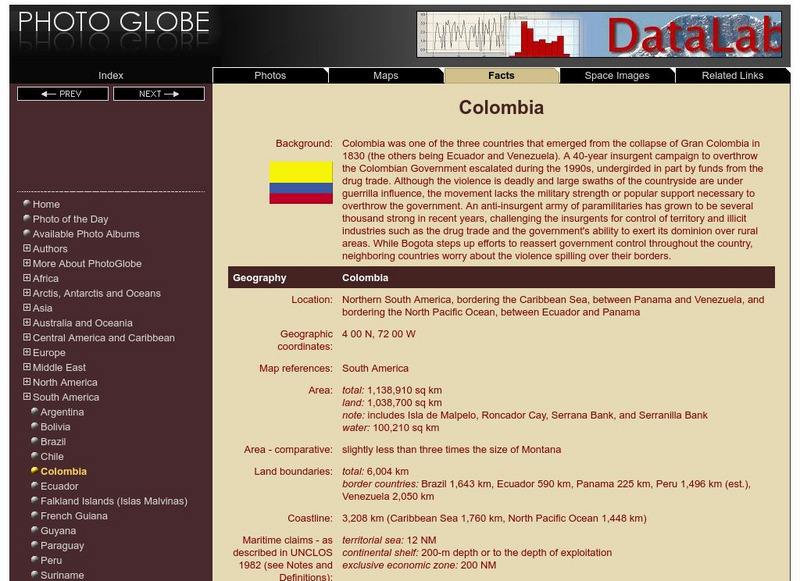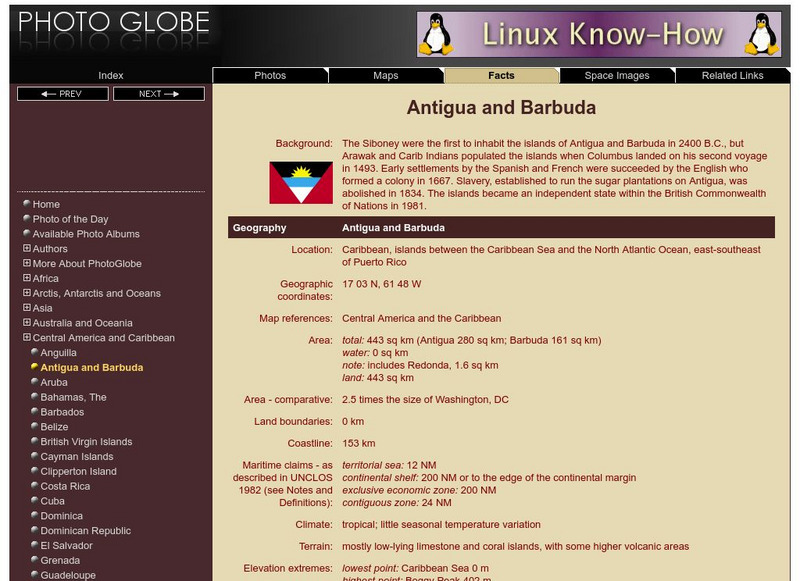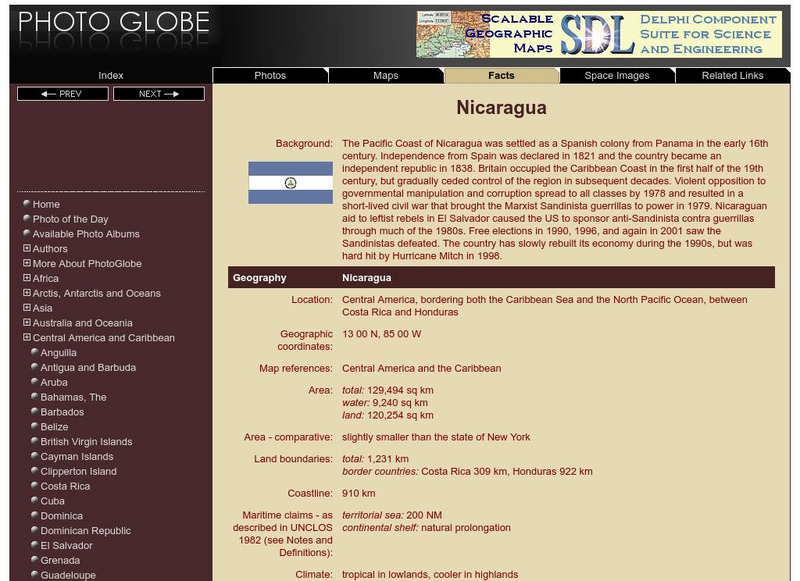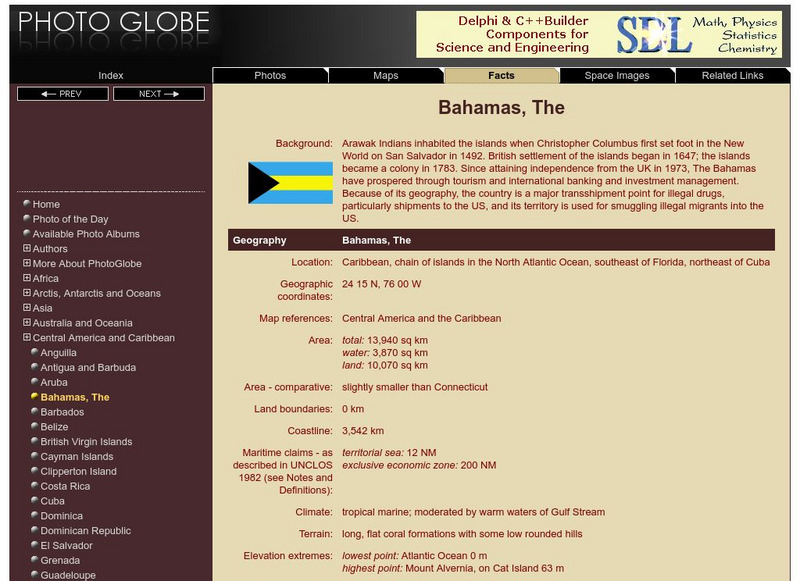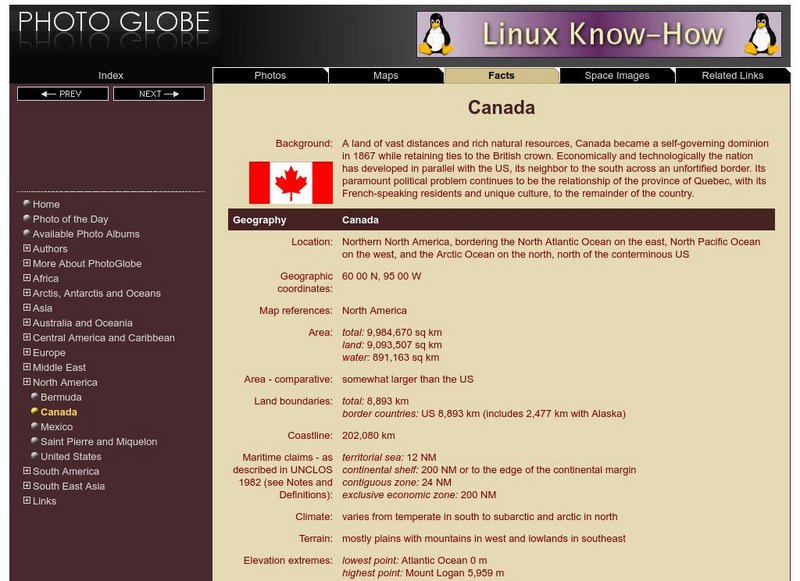Curated OER
Firstgov for Kids
Students examine kids.gov, FirstGov for Kids website, which provides links to both Federal kids sites and sites from other organizations. They complete a worksheet by finding answers at the website.
Curated OER
Nonprofit and Profit Careers
Students examine the difference between profit and nonprofit organizations. They identify careers that are available in each sector as well. They develop their own questions and interview people who are in those careers.
Curated OER
Chemistry: Balancing Chemical Equations
Eighth graders practice balancing chemical equations. In this chemistry lesson, 8th graders explain why it is necessary to balance equations. They complete practice worksheets individually.
Ministry of Education and Employment of Spain
Si Spain: Form of Government
Have a question about the organization of the Spanish government? This resource offers several selections from which you can choose to learn more about a specific branch of Spanish government or the roles of its many leaders.
Texas State Library and Archives Commission
Texas State Library and Archives Commission: The Texas Constitution of 1876
Explains the evolution of the Texas Constitution from its earliest manifestation in 1836 up to its final form in 1876. Numerous amendments took place after that, leaving it in its current state, which many people find confusing.
BBC
Bbc News: Controversy Mars Mali Election Results
The 2002 democratic election in Mali is facing controversy. Candidates are challenging the vote count, many voters did not turn out, voting was halted due to technical problems, and more. No final results have been announced.(May 1,2002)
Alabama Learning Exchange
Alex: News Flash: The End of the Cold War
This lesson is an inquiry into events that occurred during the Cold War era. It is a technology-based project on one event that occurred during the Cold War(1945-1991). The Cold War describes the tense and hostile relationship between...
Library of Congress
Loc: America's Story; A New Nation
As America was forming its government, many problems needed to be solved. The Library of Congress tells you more about this time and some of its interesting people.
Other
Nelson / Thomson: Intro to Legislatures
This resource offers an extensive listing of the democratic legislatures in the world, describing their form and how they differ from other democratic legislatures. Uses popups.
Other
Jump Cut: Conflict and Contradiction in the Mass Media
The author of this articles explores the evolution of thinking about mass media's role in society, and discusses the positive and negative aspects of mass media, and ways that it can be in conflict with corporations, governments, and...
Hans Lohninger
Photo Globe: Brazil
Presents many general country specific facts about Brazil in a well organized chart form. Content includes: geography, people, government, economy, communications, transportation, military, and transnational issues. This site is enriched...
Hans Lohninger
Photo Globe: Colombia
Presents many general country facts about Colombia in a well organized chart form. Content includes: geography, people, government, economy, communications, transportation, military, and transnational issues. This site is enriched by...
Hans Lohninger
Photo Globe: Venezuela
Presents many general country specific facts about Venezuela in a well organized chart form. Content includes: geography, people, government, economy, communications, transportation, military, and transnational issues. This site is...
Hans Lohninger
Photo Globe: Antigua and Barbuda
Provides a brief overview and many general country facts and statistics about Antigua and Barbuda in a well organized chart form. This site is enriched by links to maps and an image of its flag.
Hans Lohninger
Photo Globe: Dominican Republic
Offers background as well as many general country facts and statistics about the Dominican Republic in a well organized chart form. This site is enriched by links to maps and an image of its flag.
Hans Lohninger
Photo Globe: Grenada
Provides many general country facts and statistics about Grenada in a well organized chart form. This site is enriched by links to maps and an image of its flag.
Hans Lohninger
Photo Globe: Haiti
Offers background and many general country facts and statistics about Haiti in a well organized chart form. This site is enriched by links to maps and an image of its flag.
Hans Lohninger
Photo Globe: Nicaragua
Provides many general country facts and statistics about Nicaragua in a well organized chart form. This site is enriched by links to maps and an image of its flag.
The History Cat
The History Cat: The Constitutional Convention: Creating the Constitution
Explains why the Articles of Confederation were not strong enough to hold the country together. One result was a farmers' rebellion in Massachusetts led by Daniel Shays, which was precipitated by a debt crisis that caused many farmers to...
Hans Lohninger
Photo Globe: Belize
Provides many general country facts and statistics about Belize in a well organized chart form. This site is enriched by links to maps and an image of its flag.
Hans Lohninger
Photo Globe: The Bahamas
Presents many general country facts about the Caribbean Island of the Bahamas in a well organized chart form. This site is enriched by links to maps and an image of the flag.
Hans Lohninger
Photo Globe: Canada
Presents many general country facts about Canada in a well organized chart form. Content includes: geography, people, government, economy, communications, transportation, military, and transnational issues. This site is enriched by links...
Hans Lohninger
Photo Globe: Bolivia
Presents many general country specific facts about Bolivia in a well organized chart form. This site is enriched by links to maps and an image of the Altiplano salt flats.
Digital History
Digital History: Drafting the Constitution
Those writing the Constitution had many issues to deal with in forming a document to govern the country. One thorny issue was the status of the states in regard to representation in the federal legislature. Read about the Virginia Plan...




